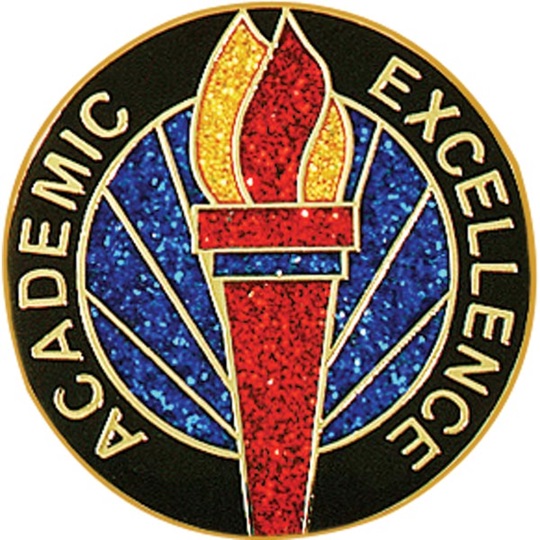On June 17th the Troy School District Board of Education approved the Revised Units of Study Writing Curriculum with a 5–2 vote. While the outcome allows the district to move forward with the updated curriculum, the decision revealed a deeper conversation about educational accountability, instructional alignment and the importance of data-driven decision-making. Particularly noteworthy were the remarks and actions of board members Dr. Audra Melton and Stephanie Zendler, who voted against the proposal but not without extensive consideration, investigation and principled reasoning.
Commendations for Thoughtful Leadership: Zendler and Melton Go Above and Beyond
Both Dr. Melton and Ms. Zendler should be applauded for the exceptional diligence and leadership they displayed throughout the review process. Their approaches exemplified the kind of thorough evidence-based governance that public education needs more of.
Stephanie Zendler offered a compelling critique of the proposed curriculum’s alignment with current scientific understanding of how children learn to read and write (this link to the video of the meeting is the start of substantive comments on the resolution). A former administrator and longtime advocate for coherent systematic instruction, she emphasized the importance of grounding curriculum decisions in the science of reading, an approach rooted in decades of cognitive research. She noted that while revisions to the Units of Study curriculum had been made, they still fell short of offering the kind of structured evidence-based literacy instruction students, especially the most vulnerable, deserve:
“Our district must begin to align all literacy instruction with the science of reading… The curriculum you’re asking us to approve has been widely criticized for lacking a strong evidence base and for not adequately addressing important foundational reading and writing skills,” said Zendler.
Dr. Audra Melton also demonstrated a profound commitment to making an informed and thoughtful decision. One key argument she heard in favor of the Units of Study program was that other writing curricula were overly workbook-based and lacked creativity. To test this claim, Dr. Melton reached out to assistant superintendents from districts that had used and moved away from Units of Study to find out whether their new programs relied on rote workbook-style learning. She found the opposite to be true. None of the district leaders she spoke with described their new curricula as workbook-based. This contradiction raised deeper questions for Dr. Melton about the way the curriculum options had been presented in Troy.
“None of them said that that was the case, which made me even more confused because then I wondered, why would we pick one curriculum that has these positive features and then put it up against four others that are so simple?” said Dr. Melton. “I just wanted to let you know that I had done a little bit more thinking and have some concerns about the process that we went through.”
Dr. Melton’s willingness to step outside the district, gather outside perspectives and question the framing of curriculum options reflects an admirable standard of leadership. She went beyond internal meetings, actually speaking with administrators in other districts, to better understand the real-world application of different writing programs. That level of initiative and independent research sets a high bar for responsible governance.
Vital Anne: A Rationale for Support but Based on Faulty Assumptions
Among the five board members who voted to approve the curriculum, only one, Vital Anne, shared her rationale publicly. For that, she deserves recognition. Ms. Anne acknowledged the imperfection of any curriculum and initially expressed hesitation due to pending state-mandated changes in reading instruction. However, she was ultimately persuaded by conversations with teachers and the convenience of adopting a curriculum already in use:
“This is the same writing curriculum that our district has been using for almost a decade with incremental improvements and a vast majority of our teachers support it,” Anne said. “Ultimately, I believe that this incremental improvement will benefit at least two to three years of our students by strengthening their writing skills.”
While her comments reflect a desire to support continuity and reduce disruption, it’s important to correct the implication that writing outcomes are improving. Data presented at the June 3rd board workshop showed a clear decline in student writing scores over the past three years. This important context was not reflected in Ms. Anne’s remarks, making her rationale less grounded in current student performance data.
A Call for a More Rigorous and Transparent Review Process
It’s unfortunate that the remaining board members who voted in favor did not publicly offer their rationale. In a community that values transparency and data-driven governance, it is not enough to simply vote yes or no. Constituents deserve to hear the reasoning behind these important decisions, especially when they affect classroom learning for years to come.
This moment should serve as a turning point. As the district looks ahead to future curriculum adoptions including expected changes to the reading curriculum in the next two to three years, it must adopt a more well-rounded transparent and data-informed review process. This means:
- Challenging the status quo and being open to options beyond familiar curricula
- Piloting multiple programs in classrooms and collecting actionable data on student outcomes
- Ensuring that the curriculum selected is not just teacher-friendly or popular but demonstrably effective
The approval of the Revised Units of Study Writing Curriculum may be seen by some as a victory. But the greater victory lies in how we respond to the questions raised and the leadership modeled by Dr. Melton and Ms. Zendler. Their work is a reminder that public service is not about going along to get along. It’s about asking tough questions, doing the homework and insisting that our students deserve nothing less than excellence.
